Few people have influenced management and managers more in the 20th century than Peter F. Drucker. His insight “culture eats strategy for breakfast” is legendary. Drucker shaped management theory, and he made marketing an indispensable business function. What advice would he give the German automotive industry today?
The largest car market in the world is China. New car manufacturers are currently emerging there at an almost unimaginable pace. Brands that nobody knows in Europe are very successful there. In the 1980s, we learned that nothing is impossible: Toyota became the largest automobile manufacturer in the world. In the early days virtually vilified as a copyist of German engineering. Suddenly, these newcomers from Japan and their brands were unassailably occupying first place in the ADAC breakdown statistics, which are very important for the German car market. They built cheap, reliable and high-quality cars. This superior quality was a prerequisite for cost-effective manufacturing. It took some time and many trips to Japan for masterminds like Horst Wildemann to bring the just-in-time concept to Germany and Europe. The Toyota production system became a model not only for the automotive industry.
Today, topics such as transformation from combustion engine to electric drive dominate the scene with one dramatic consequence: The supposed technological edge of the German automotive industry over Tesla and many Chinese manufacturers no longer exists! The cars are much less complex in terms of hardware. To this end, features such as digitization, autonomous driving, connectivity, voice control and market-driven interior design are coming to the fore.
Internationally falling prices with comparable quality
What is also very important: the price level is significantly lower for comparable quality on international markets. In China, 3.6 million electric cars (BEVs) were sold in the first nine months and only 150,000 of these came from German manufacturers. Mercedes and BMW are granting large discounts in order to sell their vehicles, some of which are only available in China, and even Tesla is currently lowering its prices there. Globally, three of the top five best-selling electric cars in the third quarter of 2022 came from China, with China’s BYD leading the market. Compared to the previous year, sales of electric vehicles increased by 71 percent in the past quarter.
The German automotive industry is under enormous cost pressure in its home market, while at the same time the international market is demanding cheaper vehicles. And the USA introducing a huge stimulus program in the fight for attractive jobs: IRA (Inflation Reduction Act). In the end, only sites in the USA will benefit from this.
The world will not suddenly be simpler and less complex in 2023 than it was in previous years. That is why we need solutions, intelligent strategies and concepts.
Unfortunately, we can no longer ask Drucker what answers he would have given to the questions of this time. What is certain is that we need to be more focused on what the customer really wants. Today’s drivers are expecting different features from their cars than the hobby Formula 1 drivers of the past.
Cost reduction with high comfort and perfect connectivity are in demand. Safety and environmental friendliness are simply prerequisites for the younger generation to buy a car in the first place. In the future, cameras, computers and sensors that enable autonomous driving will be more important than spoilers and wide rims. The car will be a building block within people’s mobility concept, but no longer the most important building block.
Many topics and questions already existed in a comparable form decades ago. Now we must find new answers. Companies shouldn’t waste time.
?
Do your products meet the basic requirements of the respective market?
Are the products designed to be cost-optimized and constructively suitable for highly automated production?
Does your supply chain work on the input side as well as on the output side?
Are your processes robust and digitized?
How quickly can you respond to disruptive change?
Have you consistently implemented for end-to-end, customer-focused accountability?
You can discuss these and other questions with our experts at any time without obligation.



 Deutsch
Deutsch